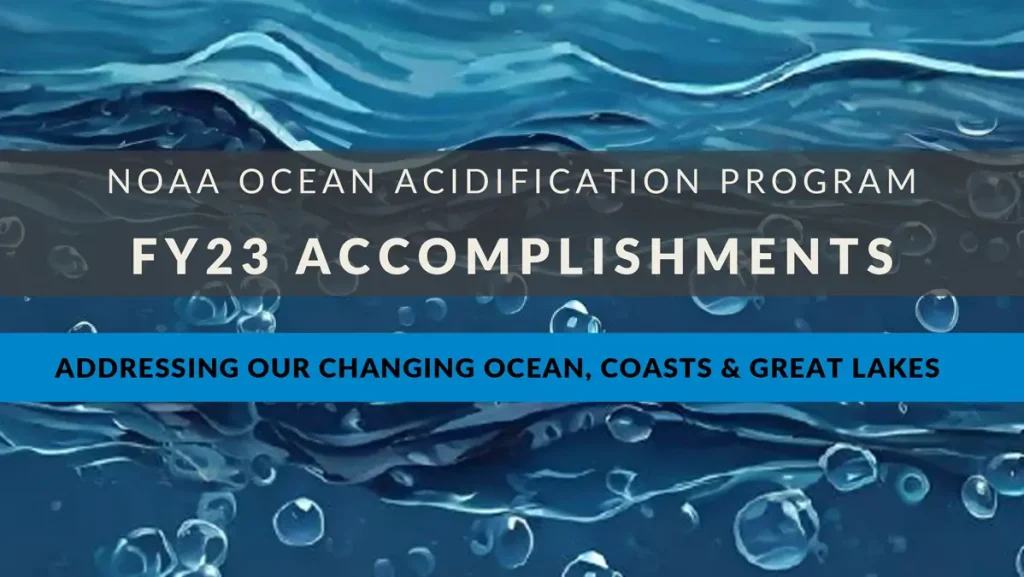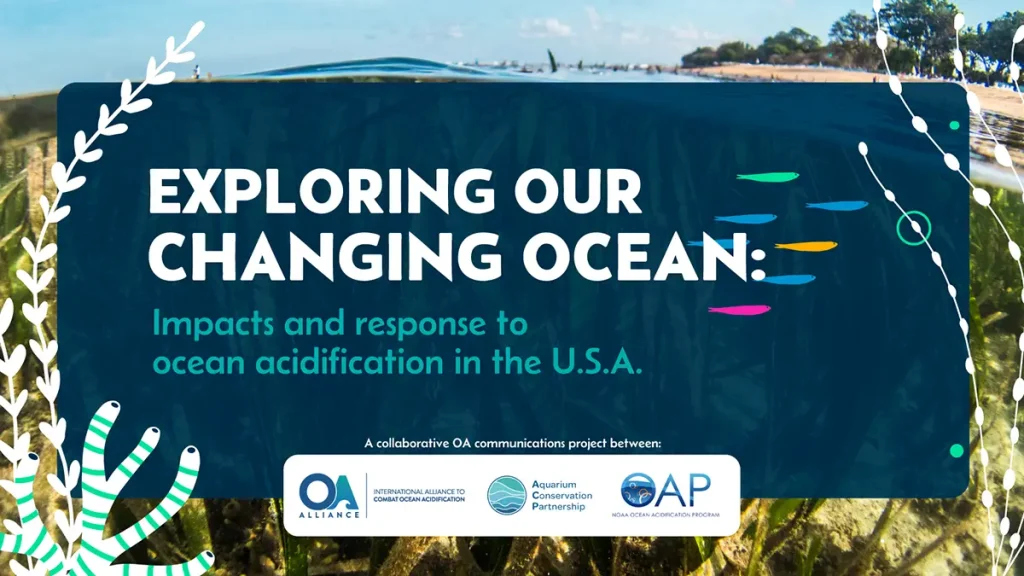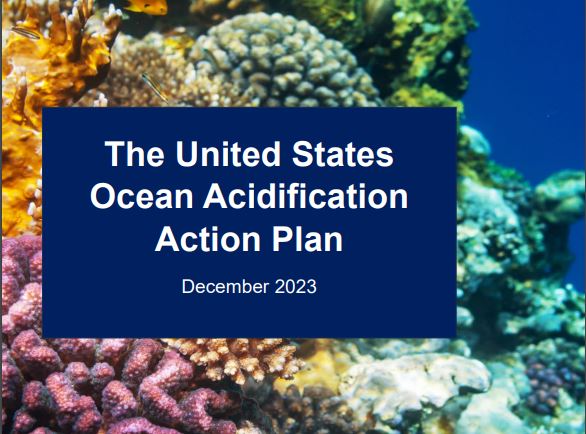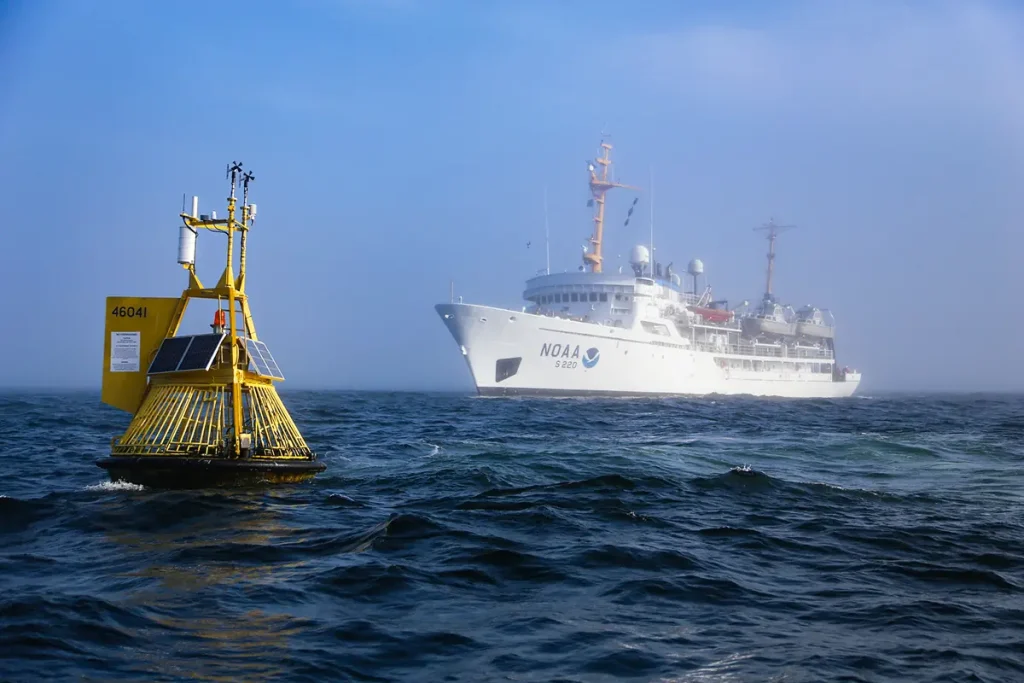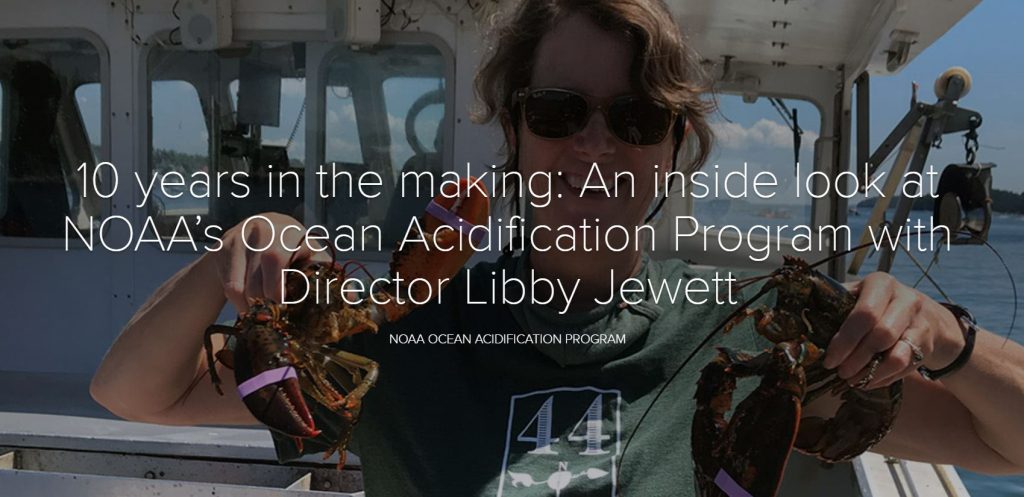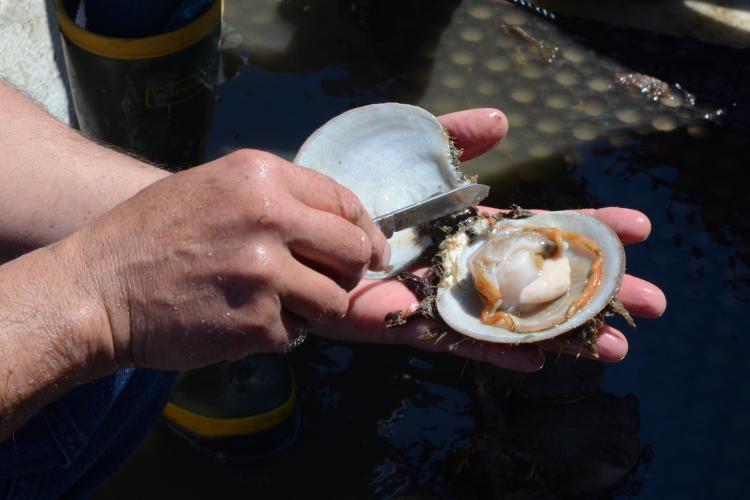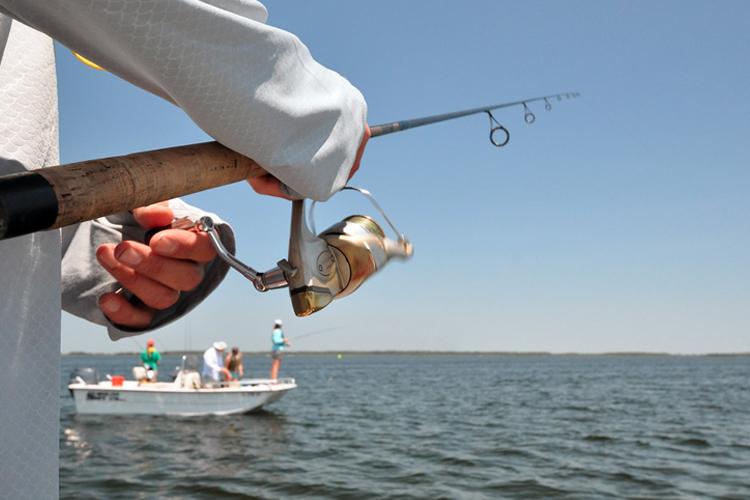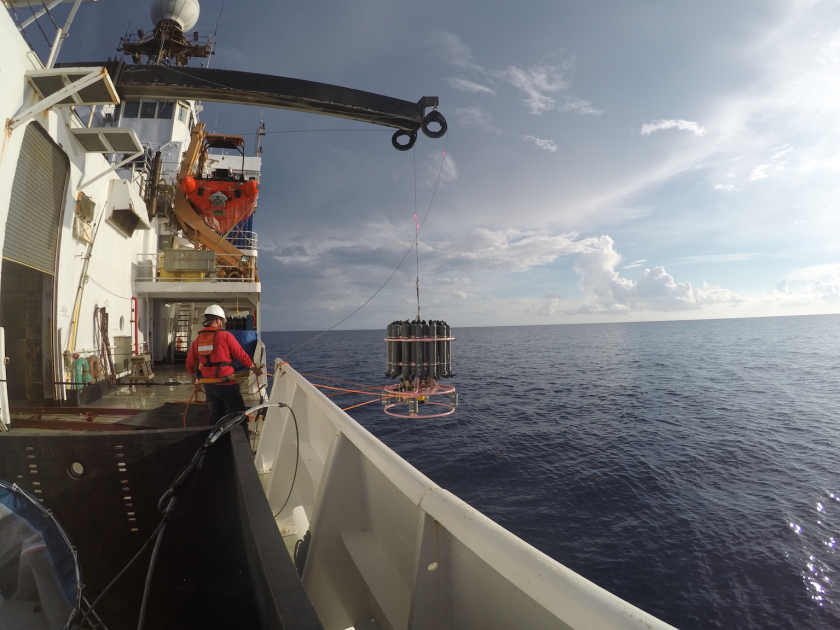NOAA OAP’s 2023 Accomplishments
NOAA OAP selects, funds, and manages high priority, high-quality research, monitoring, and outreach activities to understand how fast the acidification is changing, and impacts these changes have on marine life, people, and economies. Check out some of the 2023 accomplishment highlights.
NOAA OAP’s 2023 Accomplishments Read More »
